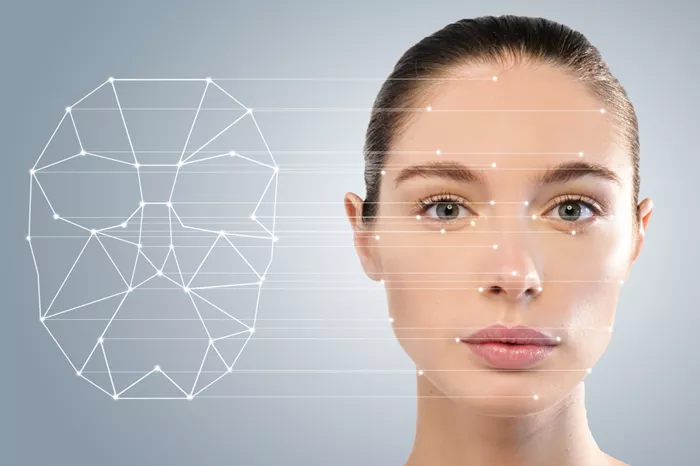In an increasingly competitive beauty industry, products must do more than deliver results—they must evoke emotions and create memorable experiences to capture consumers’ hearts. Enter neurocosmetics, a burgeoning category that taps into the emotional aspects of skincare routines, akin to how nighttime rituals prepare one for restful sleep.
The concept of neurocosmetics revolves around the notion that brain-produced hormones can significantly influence skin health. For instance, periods of stress may trigger acne, while joyful phases could result in a radiant complexion. Cedric Rimella, founder of a prominent skincare brand, explains, “The skin and brain share an embryonic origin, making the skin an extension of the nervous system. Neurocosmetics explores this dual communication to enhance both skin and mental well-being through neuroactive ingredients.”
While the idea of neurocosmetics isn’t entirely new—chemist Stas Chirkov notes its emergence among formulation chemists in 2007—it’s gaining traction as brands formalize and market these products. Neurocosmetics differ from traditional skincare by targeting pathways that positively impact both skin and emotional health before visible signs of aging and other concerns arise.
“Neurocosmetics are designed to maintain skin homeostasis, preventing issues like wrinkles, dullness, irritation, and sensitive skin,” explains Chirkov. These products utilize ingredients that interact with nerve receptors, including topicals, aromatherapy scents, and ingestibles, enhancing the sensory experience.
The science behind neurocosmetics draws from psychodermatology, a hybrid discipline of psychiatry and dermatology. This field explores how mental states influence skin health through mechanisms like the skin’s stress response system and the regulation of cortisol levels and immune function.
Stephanie Lee, founder of a skincare brand, likens the body’s connection between brain and skin to a home security system, where optimal communication ensures overall well-being. “Just as a home security system protects a house, our body’s axis of messenger, signaler, and regulator works together to maintain skin barrier function and emotional regulation,” Lee explains.
Modern neurocosmetic technologies employ various methods to deliver benefits such as rebalancing cortisol levels or stimulating skin receptors for melatonin and endorphins. Brands like Neuraé use fragrances to trigger positive emotional responses, demonstrating the potential breadth of applications.
The benefits of neurocosmetics extend beyond skincare, potentially aiding conditions like acne, hyperpigmentation, and psoriasis, while promoting relaxation and stress relief. However, ongoing research is crucial to understanding the long-term effects and maximizing these benefits.
Looking ahead, the future of neurocosmetics holds promise in further integrating emotional and dermatological health. Lee envisions these products educating consumers about the intricate relationship between mental states and skin health, paving the way for more holistic beauty solutions.
As neurocosmetics continue to evolve, they offer a compelling blend of science and sensory experience, promising not just a flawless complexion but also emotional well-being—a dual benefit that resonates in today’s wellness-conscious market.
Related topics:
Survey Reveals Concerning Trends Among Young Girls Regarding Cosmetic Procedures and Skincare
Unveiling the Best Creams for Effective Skincare
Decoding Skincare Techniques: Microdermabrasion vs. Dermaplaning


